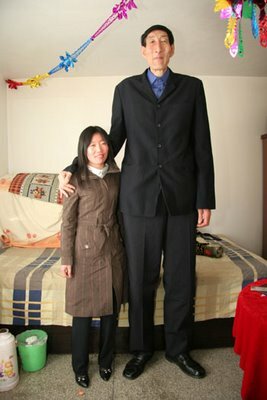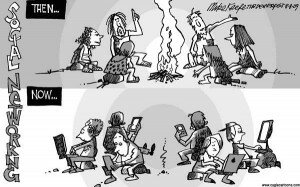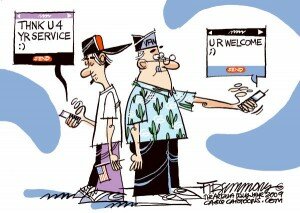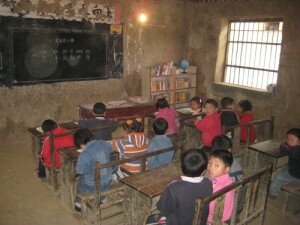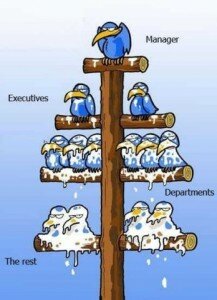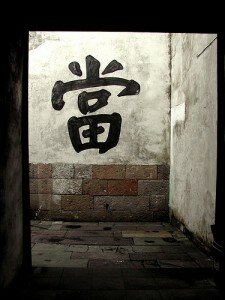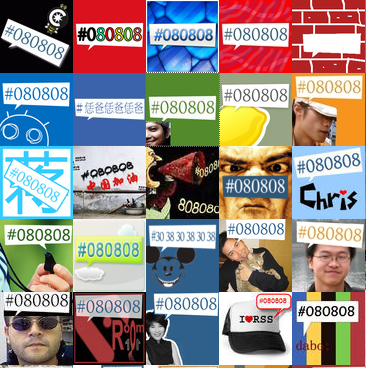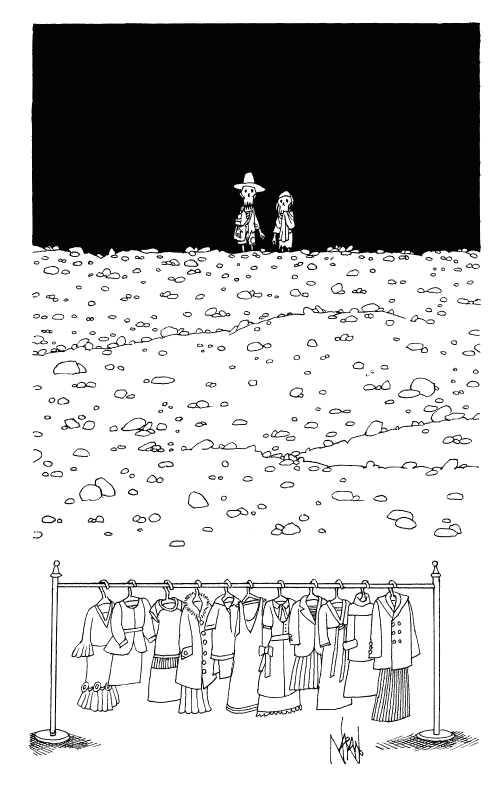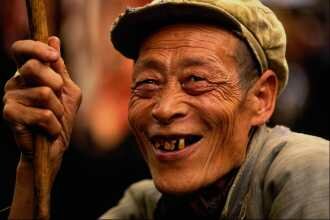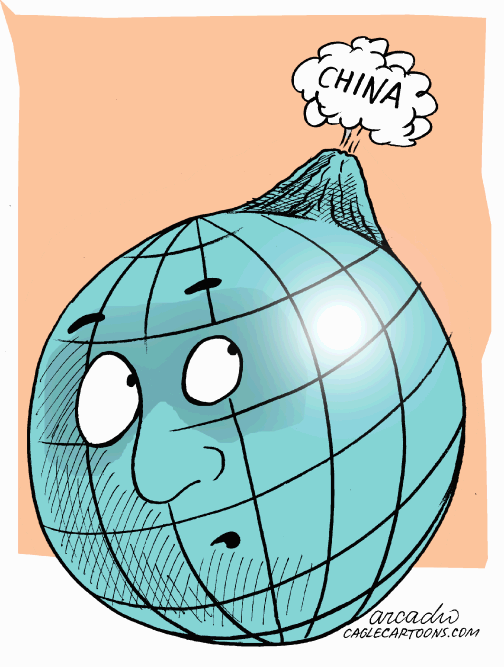Lazy Panda: Lessons in Cultural Localization
Around March 21st I ventured out of the house to a popular Muslim eatery not far from me and only a minute’s walk from the Yellow River. This particular noodle restaurant has an impressive view of one of the prettier Mosques in Lanzhou. Despite my unease in crowded areas and the fact that virtually everyone pauses to look at me or listen to the words spoken by this “foreign ghost” I am relatively comfortable along the Silk Road. The people here are well grounded, happy and generously patient with me–I am one of the few white faces that they see venture into the back alleys of their wholly ethnic neighborhoods. I usually find laughter, song, and endless questions. But, this night seemed different.
The looks from Uyghers and Hans alike were disquieting: Either I was struck suddenly paranoid, unknowingly wearing some tribal gang tattoo or people had taken a sudden dislike to my ethnicity. On the short elevator ride to the reception area I was roughly bumped by two large and unapologetic men. As I have spent the last five years in Guangzhou, where etiquette means you don’t stare at the victim if a truck runs over your competition for a cab, I was only slightly ruffled until one of them asked, without looking at me and in terse local dialect if I understood Chinese. I answered in the affirmative and they pushed ahead heads down and mutering in discontented low tones about someone or something they did not like.
And I was still wonderfully ignorant and emotionally fine as I flagged down a taxi. But, once my cabbie looked in the rear view mirror he began sternly advising me against scuffing his seats, not once, but three times on my way home. I am not sure how I could have damaged them any more than they already were: I was guessing he had the transport contract for the local vet who did the lion’s share of cat declawing.
I am not sure I have ever been happier to arrive home and turn on the news. Surely even CCTV would tell me that the Japanese earthquake had spun the world off its axis and people were more disoriented than usual.
In fact, the Libyan assault had started that day. The French had swung first, but the Americans were clearly to blame on social networks. Uygher separatists were using the event to rally for dissent and revolution and CCTV, despite minimizing U.S. involvement in the conflict, was having little impact on the volume of less than rosy twittered epithets being propagated online. I had an Alexander Wallace-like epiphany: “Start telling people you’re Canadian, aye.”
Yesterday, with some trepidation, I returned to the restaurant. I was greeted like a prodigal son and ushered to a comfortable table where several waiters and waitresses dropped by to practice their English. And I wasn’t body checked into the elevator’s walls on my way out where I quickly was able to catch a ride with an ebullient Chinese Gabby Hayes.
The only negative event of the evening came when a young woman disturbed my deeply reverent communion with a bowl of white river lilies in peach sauce. She was hitting her husband with surprising force and making him literally and figuratively lose patriarchal face among the 60-70 patrons aggressively watching the altercation. Between swings she would stop briefly to vilify him and explain to the restaurant that he had left his newborn son unattended for more than an hour in favor of Five Treasures Tea with friends. And she called him a “lazy panda.”
I caught on that “lazy panda” was not a term of endearment after our tea fancier was frog-marched out of the restaurant and sent back to his enclosure somewhere in Lanzhou. His friends began to joke about the nickname he had earned earned since the birth of his child. It seems he is a lot like the furry masked creatures at Chengdu who don’t show much interest in propagation. It was then I guessed his wife to be a pretty creative zoologist when not involved in a live capture exercise or a domestic violence assault.
The political and cultural weather is better now. It’s quit snowing and people are glad to be out even among the strangers in their communities. And I learned a great deal during this last storm:
Behavioral contagion in the form of anger or violence is color or religiously sensitive, and does not remember names or faces from friendlier times.
No man should aspire to be cuddly like a panda.
I am a guest here and always will be. And it behooves me to watch for signs of inclement days ahead. Cabbies and waiters are emotional meterologists and can gauge the pressures that associated with the best and worst of everything moving in and out of town.
